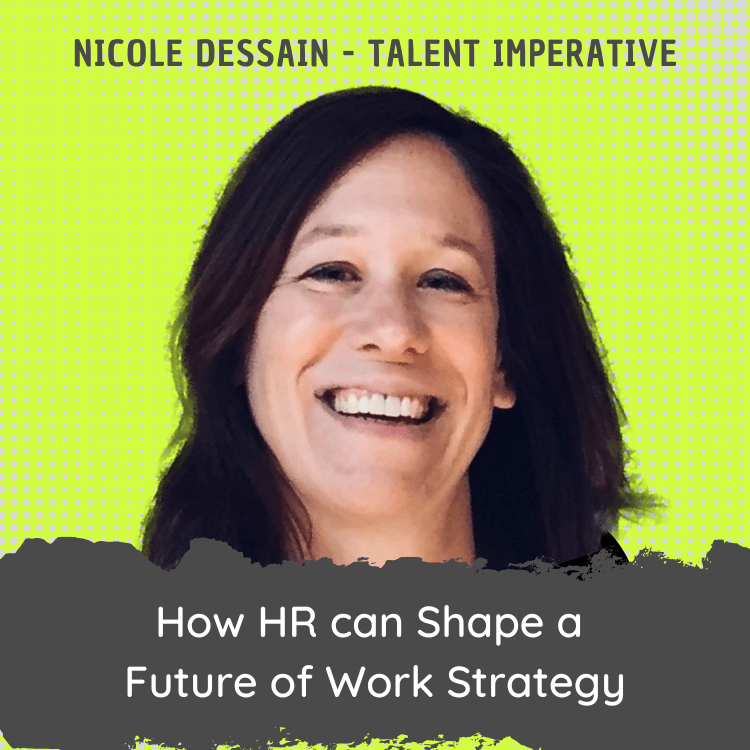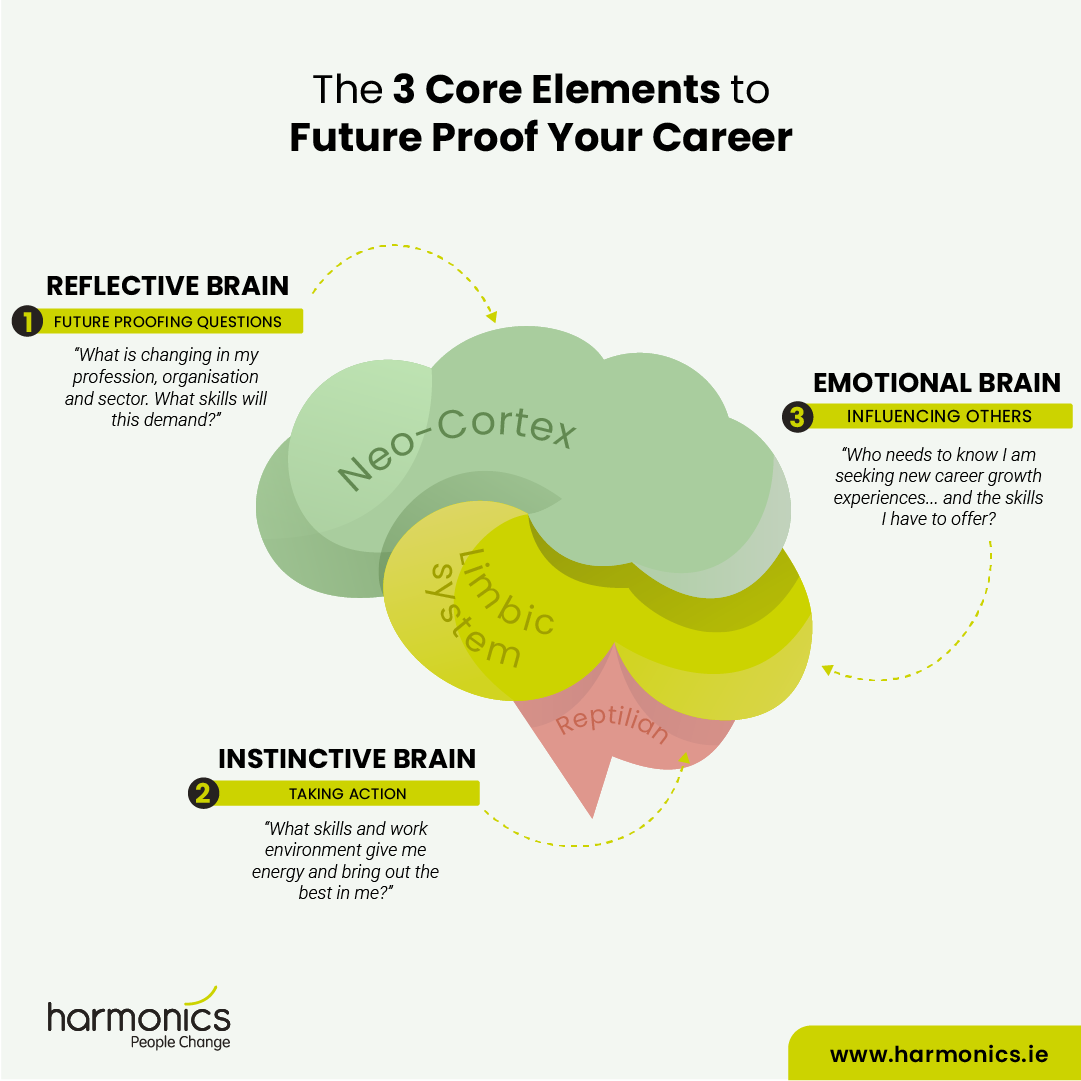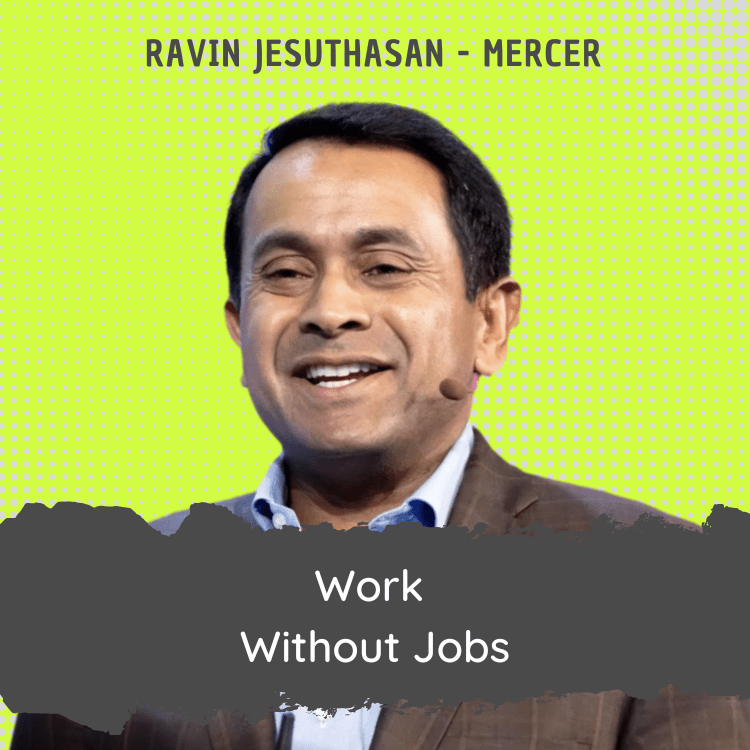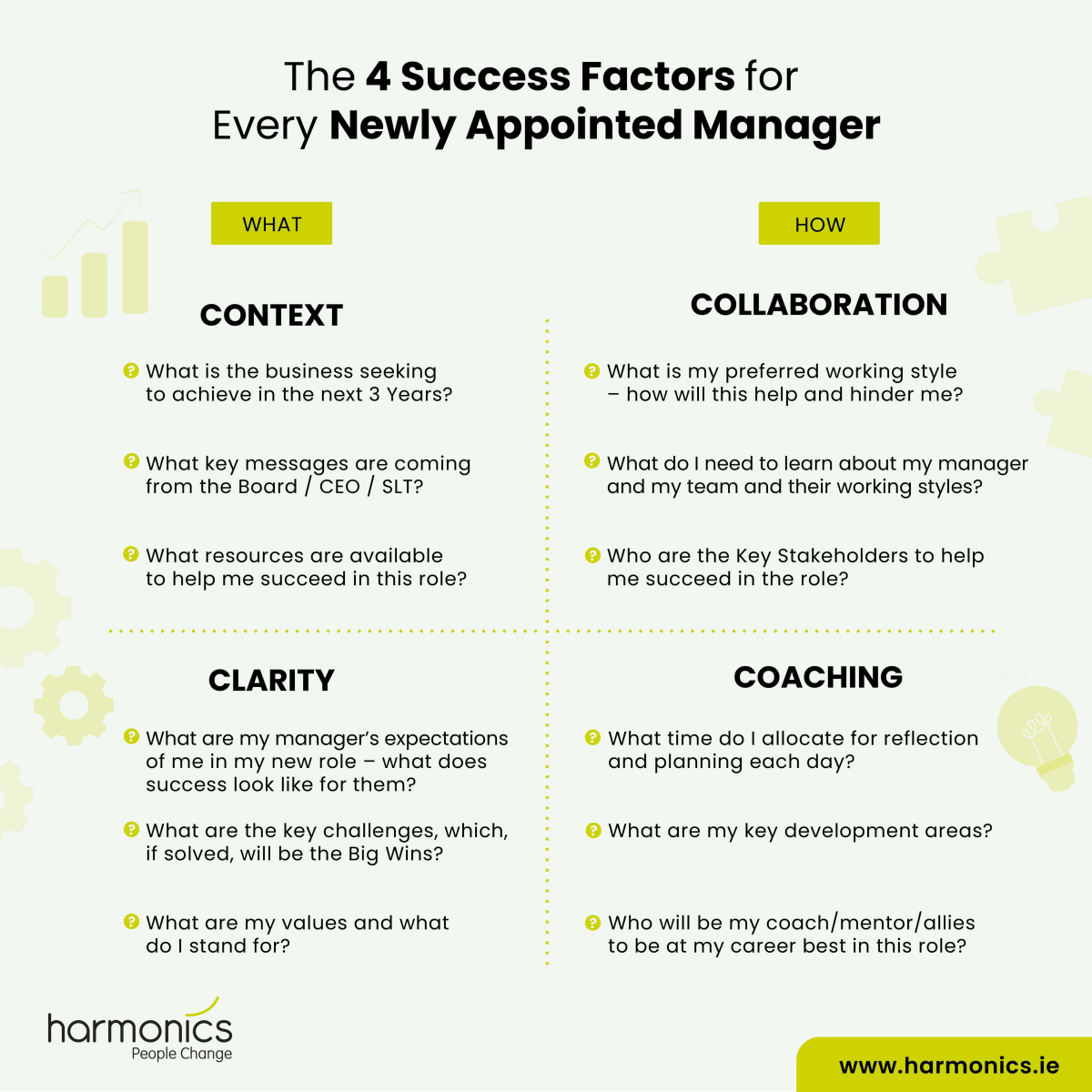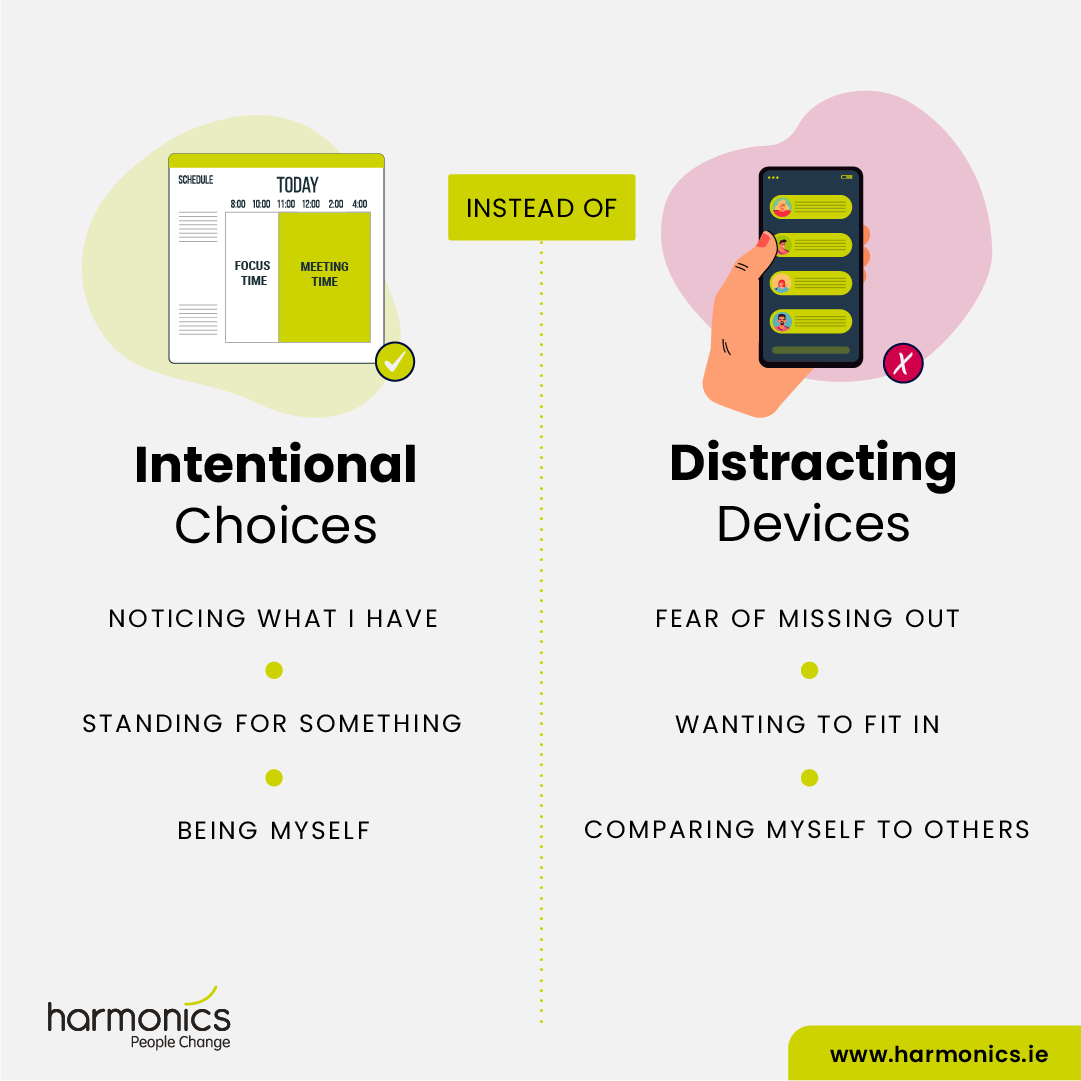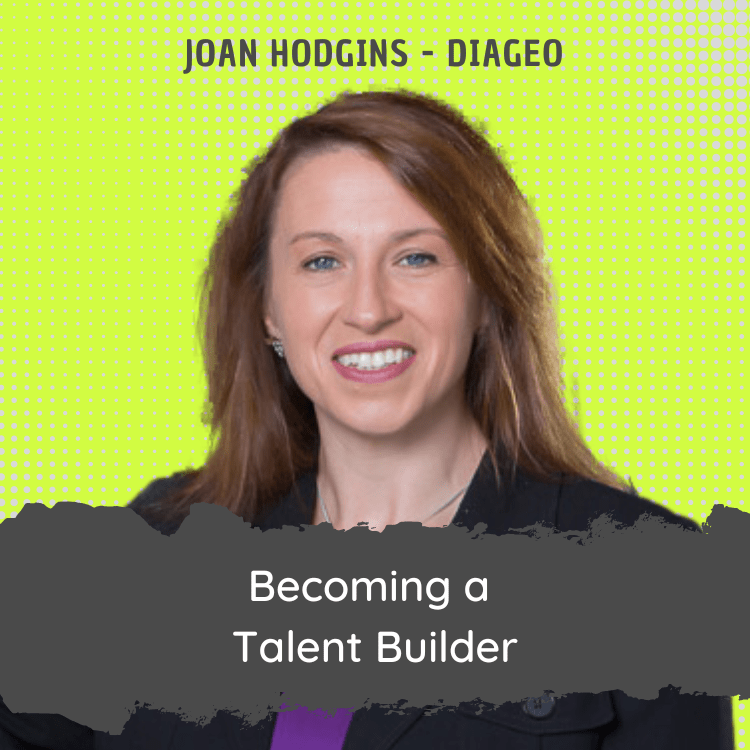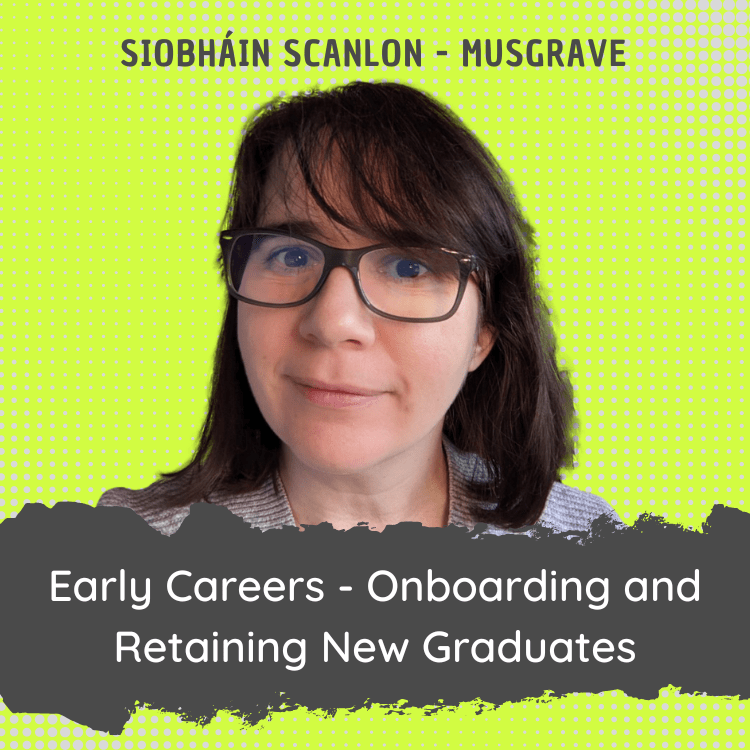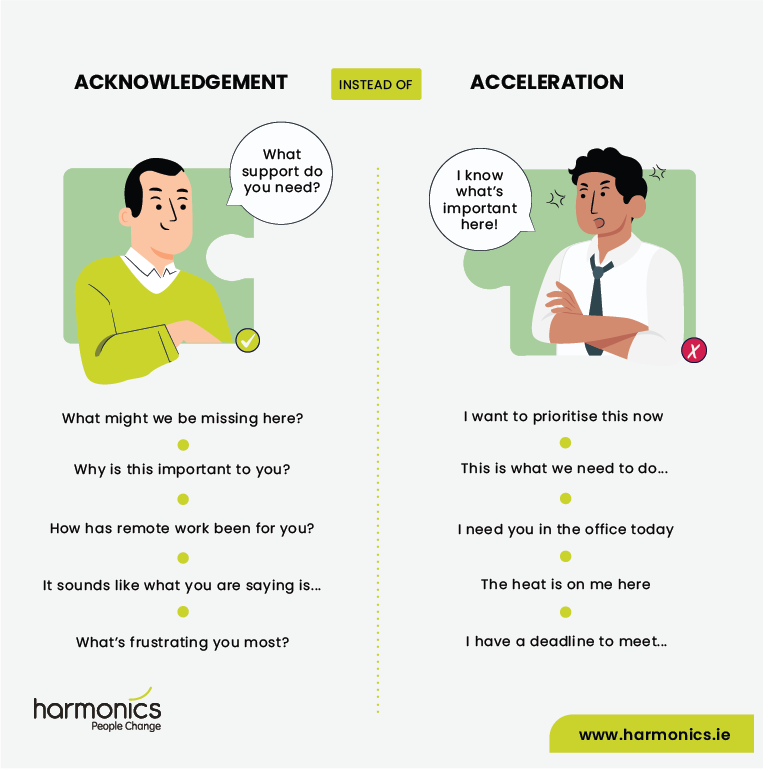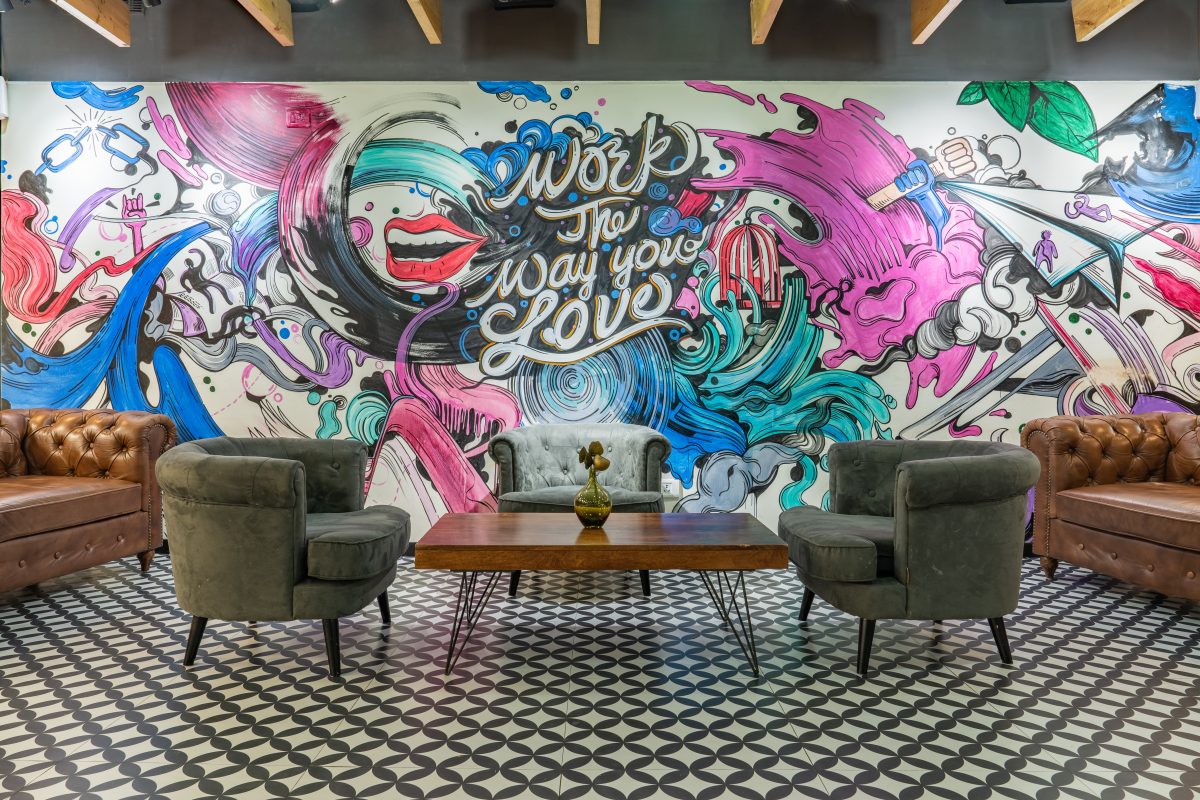Mary Cummins talks with John Fitzgerald, founder of Harmonics, and author of ‘Future Proof Your Career’. John shares insights on the importance of connection, creating a future ready learning platform, his passion for young people, and the future of education.
I TRULY believe if you want to start your own business, you can’t have a plan B.
That’s the view of John Fitzgerald, career and executive coach, author and founder of Harmonics Change Consultancy and Coaching firm.
“It’s got to be all or nothing because this is what focuses the mind. You have to take a leap of faith, trust your gut instincts, follow your passion, and always remember that everyone you meet in life has the potential to refer you to your next customer,” said John, who launched Harmonics more than 14 years ago.
Working with organisations and individuals to help them anticipate change, John had seen a niche in the market for a values-led approach to a corporate career consultancy.
Wanting it to be the best nationwide quality consultancy to be able to take on large projects, John is proud that this goal has been achieved.
“It is a great achievement that Harmonics are seen as the premium quality provider in the space by far.
“Harmonics are not a high-volume low-cost provider, but we have a great team who are truly passionate about what they do and how they add value.”
Born on a dairy farm in Knockainey, County Limerick in the heart of Golden Vale, John’s old bedroom window has a grandstand view of the Bruff Rugby club pitches, where the Bull Hayes once played.
As the only son, John stayed at home on the farm after his Leaving Cert but knew soon enough he had made the wrong career choice.
Replacing it with a job in Roches Stores, in his opinion, this is the best education for life anyone could ever have. Since then, in addition to studying business at UL, John has been involved in three business start-ups, qualified as a career and executive coach, has studied neuroscience in the UK, has written ‘Future Proof Your Career’ and most recently has become the host of his own podcast ‘The Chord’.
Exploring his views on leadership today, Mr Fitzgerald believes that hybrid working should be a co-creation between employer and employees.
“We are seeing the rise in importance of the ‘coaching and communications’ leader who is always listening and sensing the mood of their people.
“The importance of personal connection during a time of imposed change, working through some form of hybrid, has put the spotlight on the skills most critical for being an effective and inspirational leader, and being the type of person that people feel they want to be around.
“It all starts by beginning well with the softer skills and connecting with employees in meaningful and compassionate ways. There are many skills leaders must master, but whether in a co-located or hybrid world, there is one piece that just has to be there, that’s trust. Trust and the ability to be aware of the safe space you provide,” said Mr Fitzgerald.
Discussing some of the key challenges facing businesses today, such as the issue of attracting and retaining talent, Mr Fitzgerald referred to the need to convince organisation leaders to shift their leadership style to communicating in a human way with talent who want continuous feedback, coaching and career development. The best way to retain talent is to give them continuous stretch, challenge, and growth opportunities, he said.
With a passionate interest and expertise in the future of work, Mr Fitzgerald described the work that Harmonics do with organisations to make them future ready:
“It’s firstly about context. For now, post-pandemic, most businesses have had to adapt to rapid changes in technology to offer their services.
“People are working from home, in a hybrid model and in the office full time. The business may be scaling and need new people skills and capability or may be downsizing and need to reduce people numbers.
“Then it’s about implementation. We’re ‘hands on’ and we bring real life experiences to business as practitioner consultants to design and develop a people strategy that is fit for the future.
“This is complex work and demands a team like Harmonics with a team of specialist consultants that can see the project to the end.”
Going forward, John wants to create a future ready learning platform that will become a super smart educational aid for different cohorts of people, as they try to make sense of the future of work.
“The world will continue to change, and we will need to be relevant and deliver timely learning for those who use it to stay ahead in their future careers.”
Also impassioned about the future of young people and the future of education, John referred to the need to resource young people to set purposeful goals that align with their values, instead of chasing college points that lead to working in careers where they fit in rather than have the bravery to stand up or stand out.
Contemplating his career to date, Mr Fitzgerald said: “My big learning is that learning never stops. We never reach the destination because it evolves. We are all human and a work in progress.”
Mary Cummins is a Career and Executive Coach, Trainer and Facilitator and can be contacted by e-mail at: info@careerchanger.ie

